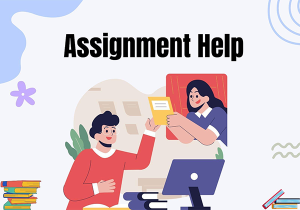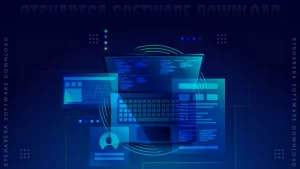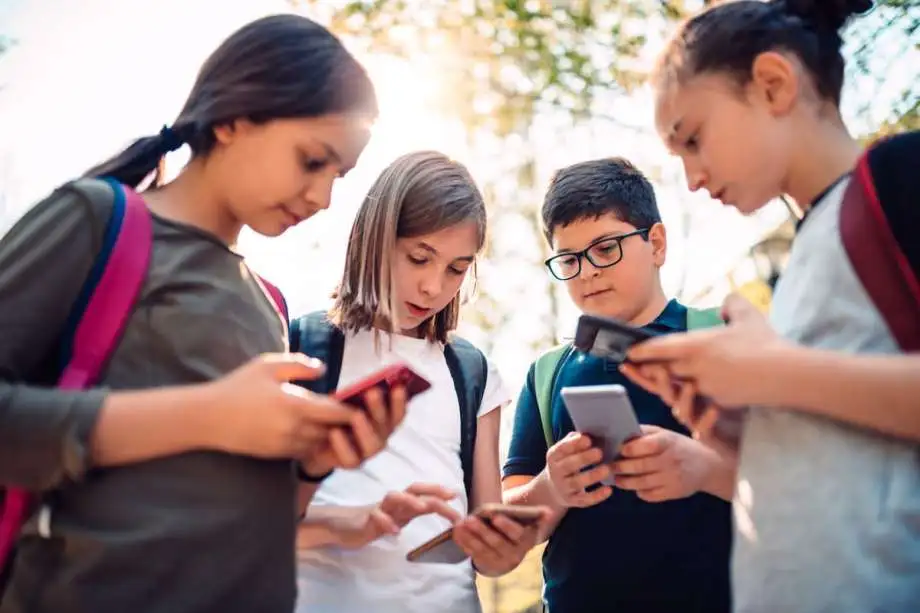
Earn Privileges Student Cell Phones Handbook: A New Approach in School Handbooks
In the computerized age, where cell phones have become vital, school strategies with respect to understudy PDA utilization have turned into a hotly debated issue of discussion. On one hand, schools intend to establish a climate helpful for learning without interruptions. On the other hand, students, parents, and teachers are all aware of how important cell phones are for communication, safety, and even education. The test lies in finding some kind of harmony between overseeing interruptions and utilizing the advantages of phones. A rising pattern is the idea of Earn Privileges Student Cell Phones Handbook of understudies procuring honors for wireless use, which is turning into a vital component in many school handbooks.
The Current Cell Phone Dilemma
Numerous schools have traditionally implemented blanket policies that prohibit or severely restrict the use of cell phones while students are in school. Preventing cyberbullying, minimizing distractions, and maintaining academic focus are the goals of these policies. However, the potential advantages of technology in education are frequently overlooked by outright bans. A game of cat and mouse between students and administrators ensues as students are adept at circumventing restrictions, concealing their phones, and using them covertly. For more about managing technology in educational settings, see Why Use Dell4Yuoxuzal Software Now.
Additionally, such severe arrangements disregard the truth of current correspondence. Guardians might have to arrive at their youngsters, particularly in crises. Additionally, smartphones can be effective learning tools. They give admittance to instructive applications, advanced reading material, and the web, which can be significant assets in the present data rich world. Learn more about educational tools by checking out ISM V6 Software Download. A more balanced approach is required in light of these factors, which is where the idea of Earn Privileges Student Cell Phones Handbook comes into play.
The Idea of Earned Privileges Student Cell Phones Handbook

In schools, the idea that students should be given the right to use their phones responsibly is gaining traction. Schools are implementing a system that rewards students with the privilege to use their phones and encourages responsible behavior rather than enforcing a rigid policy. By using this strategy, cell phone use becomes a reward for good behavior, academic success, and following school rules.
Integrating wireless honors into school handbooks considers adaptability, obligation, and an organized framework that recognizes the real factors of present day innovation. By adhering to school policies, getting good grades, participating in extracurricular activities, or being responsible, students can Earn Privileges Student Cell Phones Handbook s at specific times or for specific purposes. For more on responsible tech use, see Procurementnation: Supply Chain Solutions.
- The Reasons This Method Is Successful: Schools can instill a sense of responsibility in students by tying the use of cell phones to good behavior. Students are more likely to take responsibility for their actions when they are aware that they must earn the right to use their phones. Self-discipline, which is a valuable skill inside and outside of the classroom, is encouraged by this.
- Rewarding Behavior: Rather than involving correctional measures like seizure or confinements for telephone abuse, the acquired honors approach stresses uplifting feedback. In order for students to keep their privileges, they are encouraged to abide by the rules and maintain their academic performance. This shift from rewards to punishment may have a longer-lasting effect on behavior. Learn more about behavior-focused strategies with 5StarsStocks: 3D Printing Stocks.
- Instructive Coordination: When used correctly, smartphones can be useful tools for education. By permitting mindful understudies to involve their telephones for research, instructive applications, or school projects, schools can incorporate innovation into the growing experience. The idea that smartphones can be useful resources when used properly is promoted as a result of this. Check out Codeslide PHP Script for more on integrating technology into learning environments.
- Lowers Conflict: The tension between students and school staff is lessened by a system based on earned privileges. Teachers and administrators can concentrate on strengthening the criteria for earning and maintaining privileges rather than fighting over the confiscation of phones on a regular basis. This approach supports collaboration instead of contention.
- Plans Understudies for True Assumptions: Employees are expected to use personal devices responsibly when managing their time and resources in the workplace. Executing a procured honor framework for cells in schools reflects these assumptions, showing understudies how to deal with their gadgets in an organized climate. See 5StarsStocks for business insights into personal responsibility in technology management.
Executing the Framework in School Handbooks
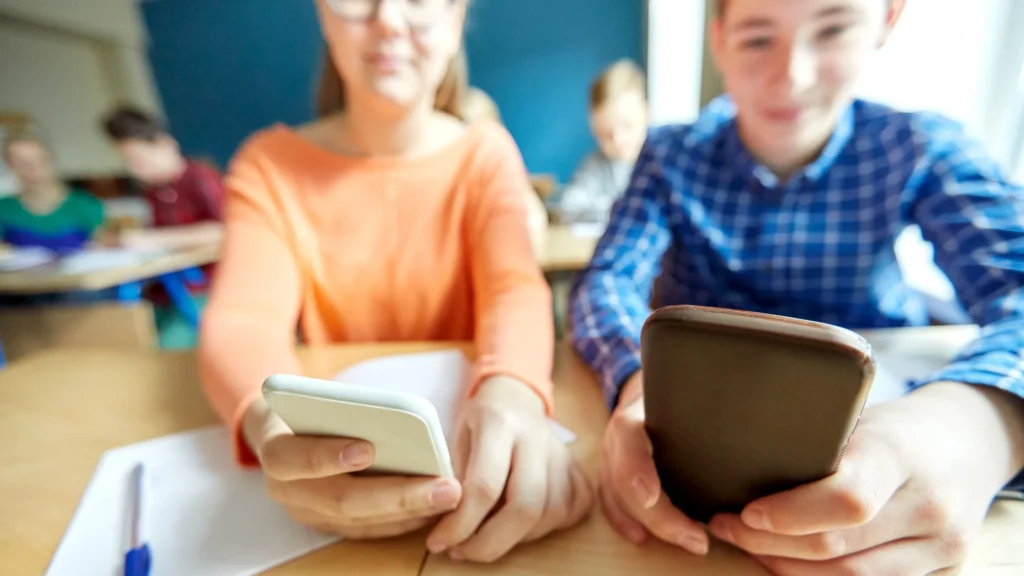
For the acquired honors framework to be successful, it should be obviously illustrated in school handbooks, guaranteeing that understudies, guardians, and staff grasp the principles and assumptions. The accompanying components are fundamental for fruitful execution:
- How to Acquire Privileges: Students’ eligibility for cell phone privileges must be clearly defined by schools. These could include keeping a certain grade point average, not being disciplined, or participating in extracurricular activities. Students should have a clear path to achieving their privileges if the criteria are clear and achievable. Learn more at Gomyfinance: Create a Budget.
- Time and Places for Specific Use: When and where phones can be used should be set by schools. Students who accumulate privileges may, for instance, be permitted to use their phones during lunch breaks, in the interval between classes, or for educational purposes in particular lessons. Clear rules forestall mistaken assumptions and guarantee that telephone utilization stays controlled. See First International Financial Center for more on financial time management.
- Moderate Honors: Honors can be layered, permitting understudies to procure expanding levels of opportunity with their telephones as they show proceed with liability. For instance, younger students or those who are new to the system may initially be granted limited privileges, such as the ability to use their phones only during lunch, while older students who are more responsible may be granted greater access to their phones during times other than instructional time.
- Negligence Has Consequences: While the earned privileges system places an emphasis on positive reinforcement, misuse should still have clear repercussions. What constitutes phone misuse (such as using the phone in class without permission or accessing inappropriate content) and the repercussions, such as a suspension of privileges, ought to be outlined in the school handbook.
- Parental Contribution: The earned privileges system is supported greatly by parents. Schools ought to speak with guardians about the framework and urge them to build up the assumptions at home. A bound together methodology assists understudies with understanding the significance of capable mobile phone use in all parts of their lives.
Tending to Worries
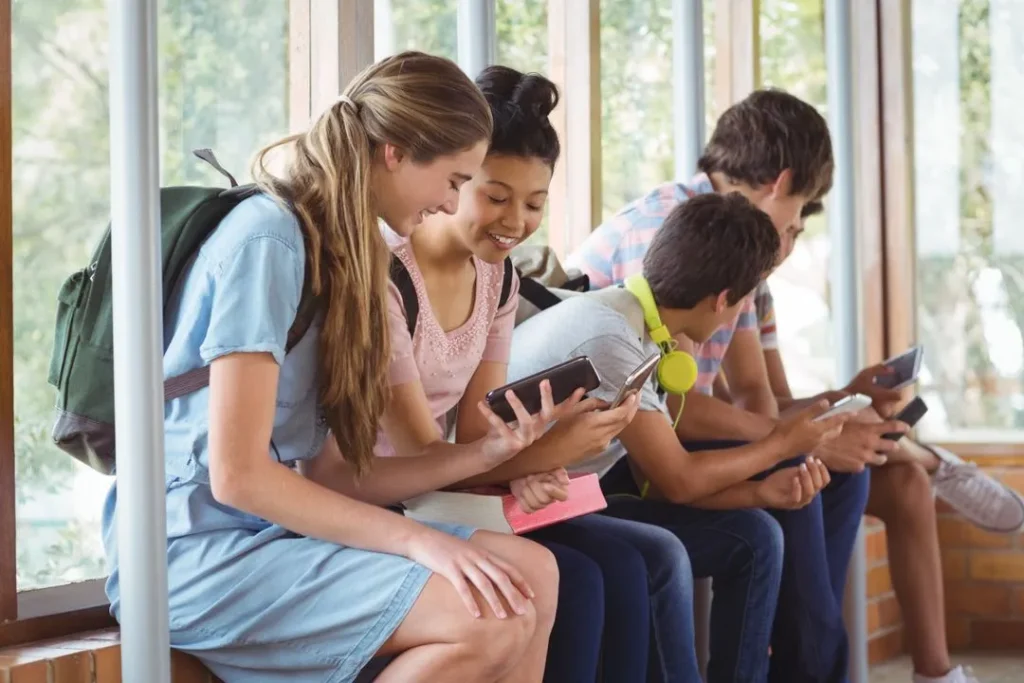
A few pundits might contend that permitting mobile phones in schools, even on a procured premise, may as yet prompt interruptions and abuse. While these concerns are valid, the structured approach to earning and maintaining privileges is the key to success. Understudies are bound to regard and observe the guidelines when they have endeavored to acquire their honors and comprehend that abuse will bring about results.
Another worry is value. Some students may feel disadvantaged by a system that rewards phone use, as not all students may have access to smartphones. To level the playing field, schools can address this by ensuring that students have access to technology provided by the school for educational purposes.
Conclusion
A modern and adaptable strategy for managing technology in education is to incorporate an Earn Privileges Student Cell Phones Handbook. Students are given the ability to take responsibility for their actions through this system, and schools are still in charge of cell phone use. By moving the concentration from corrective measures to uplifting feedback, schools can encourage a more helpful and less ill-disposed relationship with understudies. Additionally, incorporating technology into the classroom as a reward for good behavior teaches students how to strike a balance between their responsibilities and the demands of modern technology.
Responsible cell phone use is an essential skill in today’s digital world, and the end goal of education is to prepare students for life beyond the classroom. By giving understudies to procure rights for telephone use, schools are assisting them with fostering the self-control, responsibility, and regard for decides that will work well for them later on.



